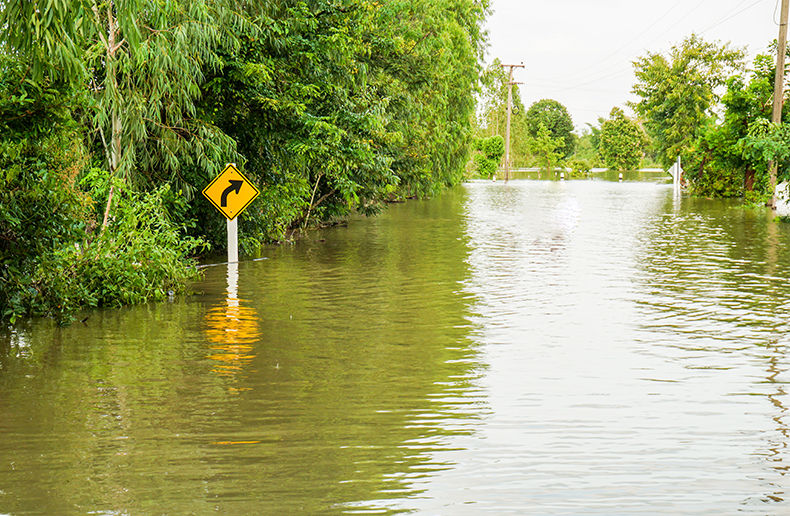In a brief, retrospective look at the disasters of 2024 around the world, Munich Re notes that in Canada, losses from natural disasters during the year were the highest recorded since 1980.
Looking at the global picture, they say “it is striking that, from a long-term perspective, non-peak perils (floods, wildfires and severe thunderstorms) are increasingly fuelling the trend of rising losses, while peak risks like tropical cyclones and earthquakes continue to be a sources of loss volatility.” Natural disasters worldwide caused insured losses of $140-billion (figures in U.S. dollars). Total losses are estimated to be $320-billion. Globally, only two years since 1980 have been more expensive.
Hurricanes Helen and Milton
Weather catastrophes drove losses, being responsible for 93 per cent of overall losses and 97 per cent of insured losses. Hurricanes Helen and Milton, followed by the New Year’s Day 7.5 magnitude earthquake in Japan are cited by the reinsurer as being the most devastating natural disasters of the year.
“North America (including Central America and the Caribbean) once again reported the highest share of global natural catastrophe losses and a higher proportion than usual (about 60 per cent of total losses where the 10-year average is 54 per cent). In total, losses amounted to around US$190-billion, of which around US$108-billion were insured,” they write. “Severe thunderstorms also caused enormous damage.”
In Canada, they say losses from natural disasters in 2024 were the highest ever since 1980. They note flooding caused by the remnants of Hurricane Debby, the wildfire in Jasper National Park, and note the Calgary hailstorm as being the fifth costliest natural disaster in Canada.







